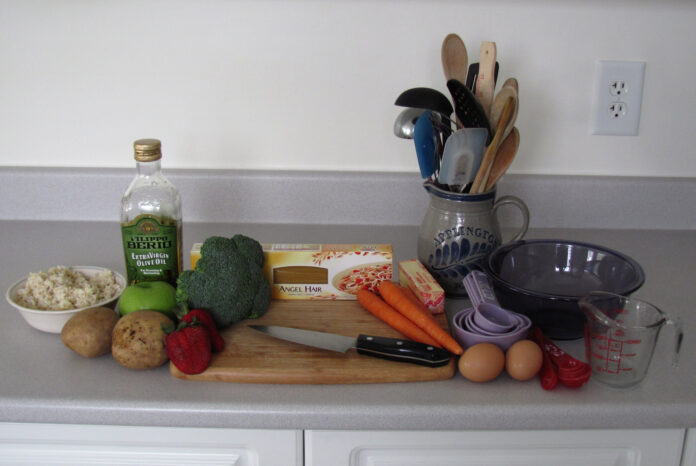The Pros and Cons of Cooking for Your Pet: A Guide for Responsible Pet Owners
As a pet owner, the sight of your furry friend gazing up at you while you prepare dinner can tug at your heartstrings. The idea of whipping up a homemade meal for your dog or cat may seem appealing, but the real question is: Should you abandon commercial pet food for your kitchen skillet?
Understanding the Nutritional Needs of Pets
While home-cooked meals can seem like a nurturing choice, research indicates that they may not be healthier than commercially prepared diets. Most pets do not require home-cooked diets for health reasons. In fact, an improperly balanced homemade diet can significantly jeopardize your pet’s health, especially during the vital growth stages of kittens and puppies.
Risks of Home-Cooked Pet Diets
Veterinary studies have shown that many owner-created pet diets are lacking in essential nutrients. This deficiency may not manifest until weeks or even years later, often resulting in serious health issues that are difficult to reverse. Unfortunately, veterinarians frequently encounter distressing cases, including:
- Puppies suffering broken bones and seizures due to inadequate nutrients.
- Adult cats facing severe heart disease and blindness from taurine deficiency.
When Is It Safe to Cook for Your Pet?
Occasional treats, such as home-cooked meals during special occasions, are generally safe for healthy adult pets, as long as toxic foods for dogs and cats are avoided. However, constructing a balanced, daily diet requires more careful planning to prevent nutritional deficiencies.
Finding Reliable Recipes and Supplements
Many resources offer homemade pet food recipes, but their reliability varies significantly. Here are some key points to consider:
- Specificity Matters: The best recipes offer precise ingredient measurements (e.g., 100 grams of baked chicken breast and 45 grams of sweet potato) rather than vague instructions.
- Supplementation is Key: Home-cooked diets usually require additional vitamins and minerals, such as calcium, B vitamins, iron, zinc, and essential fatty acids. A solely food-based approach is often insufficient.
- Quality Matters: Most commercially available pet supplements fail to meet all nutritional needs, often requiring a combination of specific veterinary supplements.
Consulting a Veterinary Nutritionist
If you decide to prepare meals for your pet, it is crucial to consult a veterinary nutritionist. These professionals can create tailored recipes that meet your pet’s nutritional requirements using specialized software. If your pet has specific health conditions, seeking assistance is even more vital.
Follow Recipes Closely
Once you have a quality recipe, adherence is paramount. Even small changes, such as substituting ingredients, can profoundly affect nutrient levels. A survey of pet owners revealed that over 80% made undocumented modifications to their recipes, often compromising their pets’ health.
Conclusion: Safe Home-Cooked Diets for Pets
While home-cooked meals can be a thoughtful way to treat your pets, they should not be taken lightly. Growing kittens and puppies, as well as pregnant or nursing animals, require specialized nutrition that often cannot be met through homemade meals. The best course of action is to work directly with a veterinary nutritionist to ensure that your pet’s diet is safe, balanced, and fulfilling.
For expert guidance, visit the American College of Veterinary Nutrition at www.acvn.org.
References
- Larsen JA, Parks EM, Heinze CR, et al. Evaluation of recipes for home-prepared diets for dogs and cats with chronic kidney disease. J Am Vet Med Assoc 2012;240:532-538.
- Heinze CR, Gomez FC, Freeman LM. Assessment of commercial diets and recipes for home-prepared diets recommended for dogs with cancer. J Am Vet Med Assoc 2012;241:1453-1460.
- Stockman J, Fascetti AJ, Kass PH, et al. Evaluation of recipes of home-prepared maintenance diets for dogs. J Am Vet Med Assoc 2013;242:1500-1505.
- Johnson LN, Linder DE, Heinze CR, Freeman LM. Evaluation of owner experiences and adherence to home-cooked diet recipes for dogs. J Small Anim Pract 2016;57:23-27.











